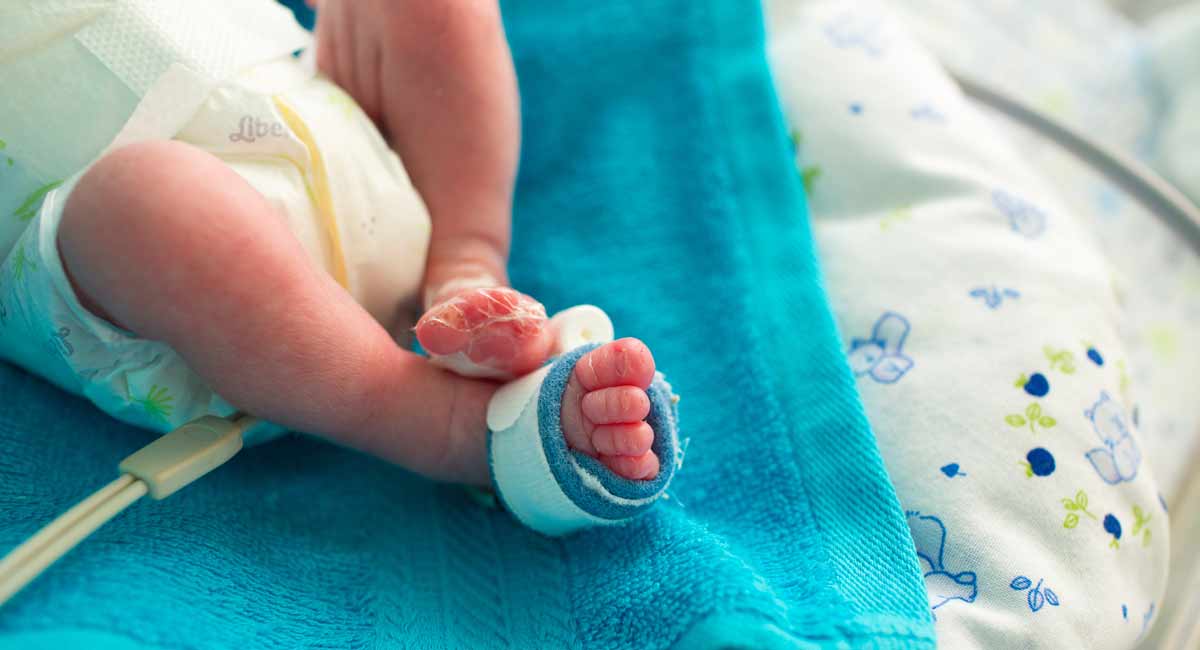After New York State passed one of the most expansive and and sweeping abortion laws in the country, Massachusetts is poised to follow in its footsteps. The Remove Obstacles and Expand Abortion Access Act, or the ROE Act, would extend the ability to procure an abortion in Massachusetts after 24 weeks, as well as remove key protections for viable babies that survive abortions. The law also broadens the meaning of a mother’s health to include mental health and removes the section of Massachusetts law requiring a minor to get parental consent before having an abortion.
Current law in Massachusetts permits abortions after 24 weeks only in cases of a “grave impairment of her physical or mental health.” The proposed law would remove any limitations or qualifier. Section 12P of the existing law specifically includes protection for babies who survive an abortion procedure with a requirement for life-saving equipment to be on hand in cases for abortions of viable babies. The proposed law specifically deletes this requirement, thus opening the door to de facto infanticide of viable babies surviving abortion. The text of the proposed law reads as follows (emphasis added):
A physician, acting within their lawful scope of practice, may perform an abortion when, according to the physician’s best medical judgment based on the facts of the patient’s case, the patient is beyond twenty-four weeks from the commencement of pregnancy and the abortion is necessary to protect the patient’s life or physical or mental health, or in cases of lethal fetal anomalies, or where the fetus is incompatible with sustained life outside the uterus.
READ: As politicians applaud abortion, more women are injured by late-term facility
Melanie Israel, a research associate at the Heritage Foundation, raised the alarm about the proposed changes that remove protection of infants in an interview with the Washington Examiner: “[It] can be so loosely interpreted that it can be anything from, a woman is feeling overwhelmed about what the postpartum process is going to be like … That could be reason enough to have a late-term abortion based on these new, much more loose definitions.”
She also expressed concern about what the loose language around “fetal abnormalities” could mean for mothers and babies especially in light of the “mental health” concerns. “[They] can be anything from something that is going to be a life-limiting condition to the fetus, or based on how loosely these definitions are, it can be something like Down syndrome,” Israel said.
According to the bill’s sponsor, State Sen. Harriette Chandler, “The ROE Act breaks down barriers to ensure that women are able to receive appropriate medical care, according to a physician’s best judgment, in tragic circumstances when there are lethal abnormalities or a risk to the woman’s life during the course of a pregnancy. The law should reflect that these are very difficult decisions that should be made between a woman and her doctor,” she said to the Examiner, leaving out the very important addition of “mental health” in her description.
No parental consent means protection for sex traffickers, pimps and rapists. This is absolutely dangerous for women and children. https://t.co/h721gc0Jum
— Rev. Jeff Springer (@revspringer1) February 9, 2019
With the removal of any limiting language, the removal of any protections for a baby born alive during an unsuccessful second- or third-trimester abortion, Massachusetts sets itself up to be another state to expand access to abortion in all three trimesters, for virtually any reason, even up to the moment of birth. Viable babies in late-term pregnancies in Massachusetts may soon, for no grave threat to the mother’s life, be legally put to death.
READ: Why women have late-term abortions, according to the abortion industry
Massachusetts Citizens for Life was hopeful for a reversal of such attitudes against preborn human beings, writing in a blog post, “We in Massachusetts have often been trailblazers in the promotion of human dignity. We birthed Susan B. Anthony. We welcomed the Underground Railroad. We aren’t so different from New York right now; and at the same time, we are. We are still at the crossroads, and we, the people of Massachusetts, can rally to enact the exact opposite legislation from New York, so that when Roe goes, we proudly support women and cherish our children.”
“Like” Live Action News on Facebook for more pro-life news and commentary!







